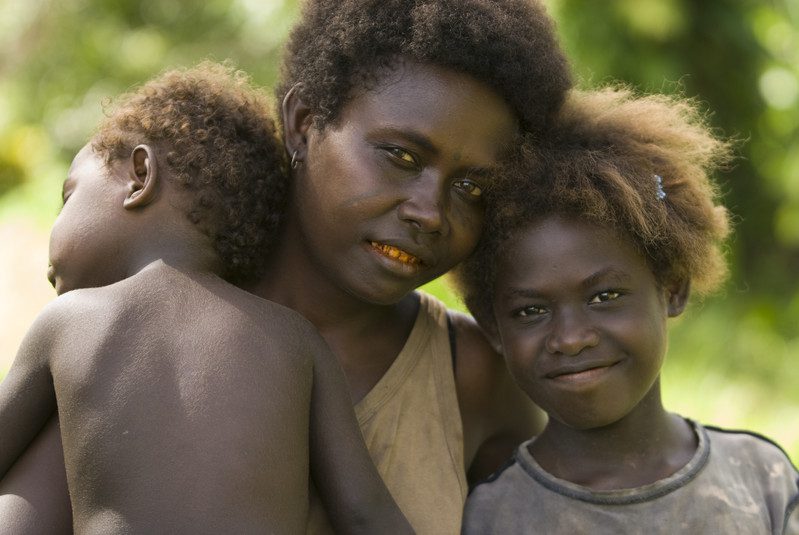Sisters on the Planet
Oxfam supports women fighting climate change
We’re all feeling the effects of climate change. But women in developing countries feel the impacts the most. The Sisters on the Planet are a group of women that Oxfam is profiling and supporting who are leading the fight against climate change in their communities.
In Bangladesh for example, women often live and work in rural areas. And with poor communications in these areas, when floods from cyclones hit, women are often unaware until it is too late. Women are charged with the care of the family, so when crops fail or water supplies dry up due to the impacts of climate change, it’s the women who have to find ways of dealing with these challenges.
But women are fighting back. Not just leading the disaster recovery operations, but also leading the community response as it adapts to the localised impacts of climate change. Each of the Sisters on the Planet faces a unique challenge. But together they are finding solutions and bringing about change. You can too.
Through their stories you can start making a difference in your community by raising awareness of the problems climate change presents to everyone. Please use these videos to hold an event at work, in the community or in your home.
Watch the playlist here, or the Sisters individual stories below.
Helen – Australia
Whether it’s reduced rainfall in Australia and Uganda, increasingly severe cyclones in Bangladesh, or sea level rise and storm surges in the Pacific, we are all starting to feel the impact of climate change.
Ursula – Carteret Islands
The challenges we face from climate change are so big, you could be forgiven for not knowing quite where to start. That is until now.
Sahena – Bangladesh
The annual monsoon rains in Bangladesh are getting heavier and more unpredictable – last year’s floods were the worst in decades, affecting nine million people – but few people can have encountered a force of nature quite like Sahena Begum.
Martina – Uganda
The weather has never been perfectly predictable in Uganda – no more than it is anywhere else – but in the last few years it has become more and more unreliable, making life increasingly precarious for communities, like Martina Longom’s, who rely on farming to survive.
Melissa – United Kingdom
Melissa Davies Oliveck recalls that when she first asked her Year Three class “How many of you are worried about climate change?” nearly all of the children put their hands up. Since then Melissa has been working determinedly to help her pupils see that they can have a voice, that they can be powerful, and that they can make a difference.
